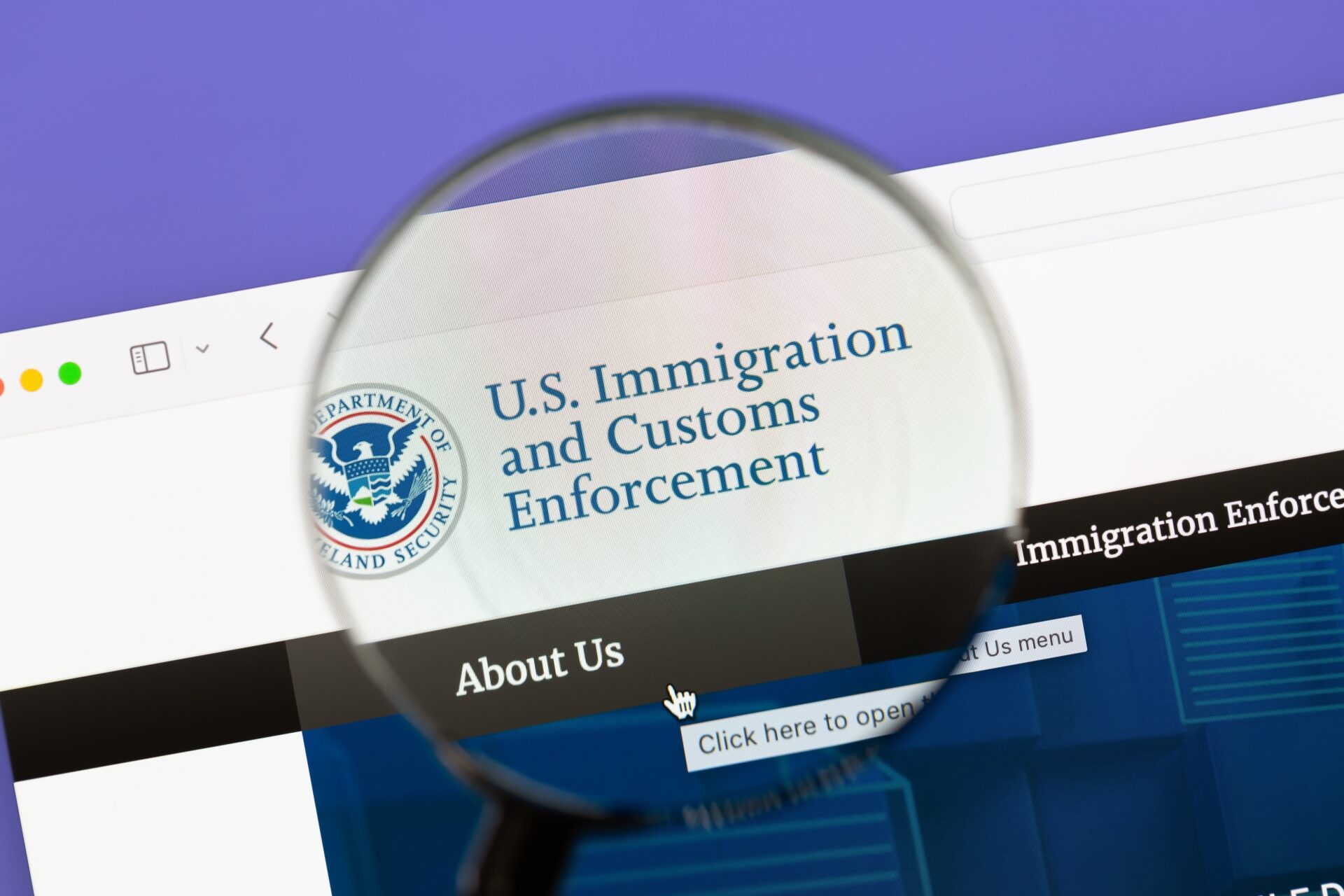
ICE Remarks Ignite Political CLASH!
A Democrat lawmaker’s description of U.S. Immigration and Customs Enforcement as a “terrorist organization” has triggered sharp partisan backlash and revived constitutional debates over the limits of political rhetoric.
At a Glance
• A Democrat referred to ICE as a “terrorist organization” in recent remarks
• The comments drew criticism from conservative lawmakers and policy analysts
• Critics warn such statements could undermine public trust in federal agencies
• The debate centers on balancing national security and civil liberties
• ICE’s role in immigration enforcement remains a focal point of political disputes
Controversy Over Rhetoric
The lawmaker’s characterization of ICE has reignited long-standing political tensions over U.S. immigration policy. Conservatives argue that labeling a federal agency in such terms risks damaging institutional credibility and weakening the government’s ability to enforce existing immigration laws. The remarks come against the backdrop of heightened scrutiny of border security measures, which have been a major policy focus since the Trump administration.
Watch now: Democrats Brew Violence Against ICE
Proponents of strong enforcement point to ICE’s statutory role in detaining and deporting individuals who violate immigration laws. They assert that diminishing the agency’s public standing could hinder operations that protect against transnational crime, human trafficking, and other threats. Critics of the lawmaker’s remarks say the language oversimplifies a complex policy issue and injects unnecessary hostility into legislative discourse.
Constitutional and Policy Implications
The controversy has also sparked legal and constitutional questions. Analysts note that while elected officials enjoy broad protections in political speech, framing a federal agency as a “terrorist organization” carries implications for public trust and governance. Some legal scholars caution that extreme rhetoric can lead to reduced cooperation between communities and enforcement agencies, potentially affecting operational effectiveness.
Advocates of civil liberties, however, contend that robust criticism is a hallmark of democratic systems. They argue that highlighting perceived abuses in enforcement agencies can prompt reforms and safeguard constitutional protections. The tension between ensuring national security and upholding individual rights remains a persistent challenge in U.S. policymaking, especially when the rhetoric surrounding it becomes polarizing.
Reactions Across the Spectrum
Responses have fallen sharply along partisan lines. Supporters of the remarks view them as a pointed critique of aggressive enforcement tactics that disproportionately impact immigrant communities. They argue that ICE’s methods have, in some cases, overstepped legal boundaries and harmed vulnerable populations.
Opponents, meanwhile, see the comments as an attack on the legitimate functions of a law enforcement body tasked with enforcing democratically enacted laws. They stress that federal agencies operate under congressional oversight and that weakening their authority through political speech risks undermining the rule of law.
This latest dispute reflects a broader national conversation on immigration enforcement, political accountability, and the scope of federal authority—issues that are likely to remain contentious in the lead-up to future legislative sessions.
Sources
National Counterterrorism Center